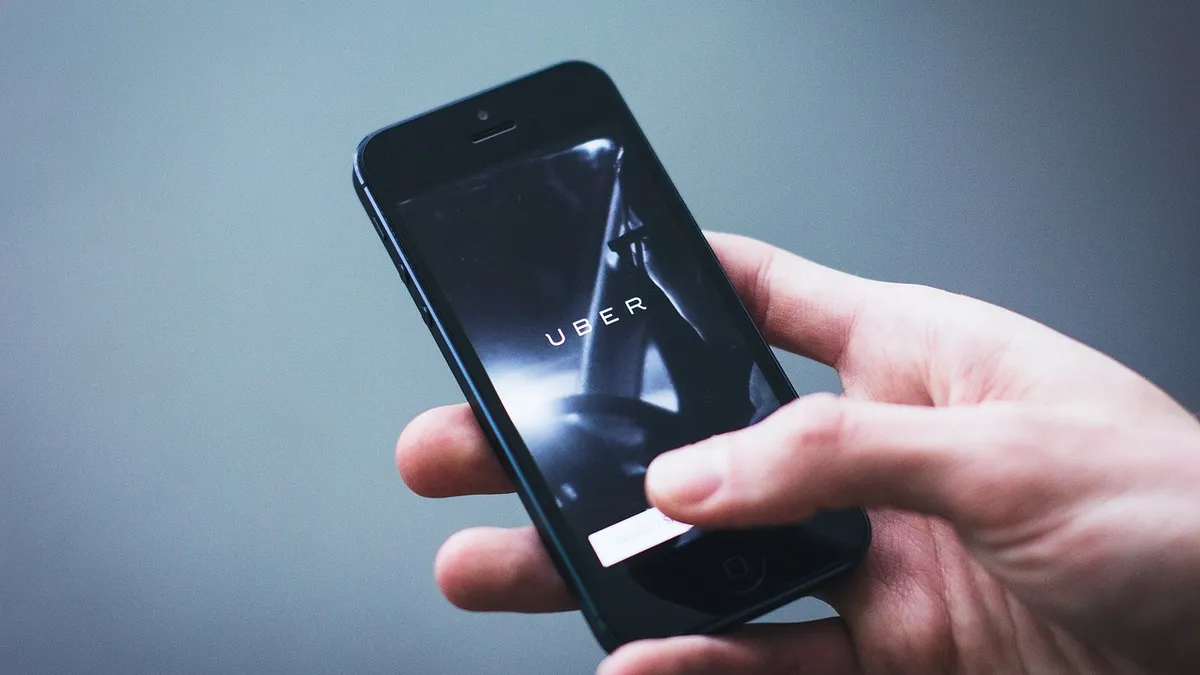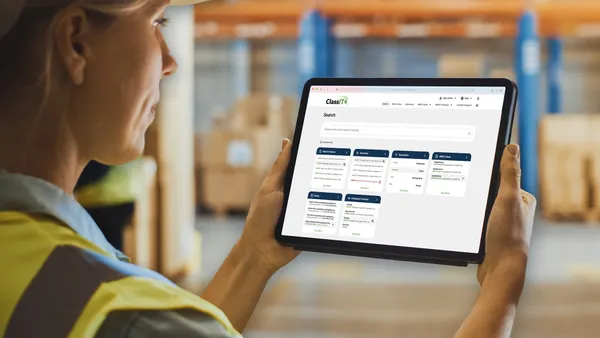Dive Brief:
- Uber will spin off Uber Freight into a separate unit and will more than double its investment in the business over the next year, an Uber spokesperson said in a statement emailed to Supply Chain Dive.
- Lior Ron — who co-founded startup Otto, which studies autonomous trucking technology and was acquired by Uber in 2016 — will lead Uber Freight. Uber last week shut down its self-driving truck unit.
- Uber said its freight division is "one of our fastest-growing and most promising business," and its operation as an independent unit will enable further growth.
Dive Insight:
When Uber shut down its self-driving truck program last week to instead focus on self-driving cars, it asserted the decision would not affect Uber Freight.
In fact, the company is doubling down on in its freight unit, dedicating additional investment for expansion and product development in the freight business.
"We’ve created significant momentum over the past year, and we’re just getting started," Ron said in a statement.
The Uber Freight app allows truckers to connect with shippers to transport available loads at a predetermined price. Since its launch last May, Uber Freight expanded from regional operations to the entire continental U.S. and has seen load volumes double each quarter.
For shippers and drivers, Uber Freight's app eliminates price negotiations and middlemen, although some drivers prefer an intermediary person or agency to handle booking details. The app-based solution also gives it a leg up over traditional freight forwarders that haven't adopted new technology.
The market, however, is saturated with many established players holding long-standing relationships with shippers and carriers as well as well-capitalized tech companies with similar services to Uber Freight such as Convoy and Transfix. At the same time, the passenger and ride-sharing side of Uber's business is also operating in an increasingly competitive market as more players are emerging in the space and some cities have cracked down on the services.
With Uber's investment in its freight business, the company appears confident that scaling a freight and trucking unit can add value — and it may offer more growth potential than passenger services.














